This offseason has seen a surge in teams hiring young, relatively unproven head coaches from the offensive side of the ball. Much of this was attributed to the success the Los Angeles Rams have had with thirtysomething Sean McVay reviving the franchise and leading them to the Super Bowl this season behind an offensive juggernaut which racked up massive point and yard totals. As a result, many teams, especially those with young quarterbacks in place, went after ‘the next McVay’, looking for a coach to do for their signal caller, what the former Washington coordinator had done for Jared Goff.
If I were Michael Bidwill (Cardinals) or Mike Brown (Bengals), who each followed the aforementioned route, I would have been a little nervous watching Super Bowl LIII. Now none of this is intended to downplay the success of McVay, who has had a remarkable impact on the Rams franchise. It merely reinforces a view I have long held: that hiring a head coach on the basis of their track record as an offensive coordinator is not a recipe for success.
McVay himself admitted after the team’s loss to the Patriots, that he was outcoached by his counterpart on the opposite sideline. Bill Belichick, who is undoubtedly the best coach the modern NFL has ever seen. Belichick’s Patriots held McVay’s Rams to just three points in the entire game. Goff, who ranked in the top 5 in the league in passing yardage, looked like a rookie QB. The Rams running game, the bedrock of the offence, simply couldn’t get going. In fact, the Rams only remained in it until the fourth quarter due to the efforts of Wade Phillips defence.
Belichick has had such unparalleled success in the NFL because he is an adaptable, flexible coach who modifies his offensive and defensive schemes to the players at his disposal. It’s part of the reason he is able to take cast-offs from other teams, like Kyle Van Noy, or bit-part players, like Rex Burkhead, and make them appear to be blue chip, difference making players. It’s also the reason the Patriots are a constantly evolving team, making them so difficult to beat. The Patriots can go from being an offence highly reliant on Tom Brady and wideouts like Julian Edelman (as in Super Bowl XLIX against the Seahawks), to an offence focusing on running back James White (as in Super Bowl LI versus Atlanta), to an old school, downhill running offence built around Burkhead and Sony Michel, as demonstrated this offseason.
Belichick’s success is because he isn’t trapped by a system. His system is the one that plays to the strengths of the players he has available to him, whilst also exploiting the weaknesses of his opponent. This season much was made of the decline of tight end Rob Gronkowski, whilst the rest of Brady’s weapons in the passing game, such as Chris Hogan or Phillip Dorsett, weren’t setting the world alight. The exception to this would have been Super Bowl MVP Julian Edelman. However, this wasn’t a problem for Belichick, as he switched to a running attack that enforced its will on opponents with first round pick Michel dominating against the Chargers and the Chiefs.
If I were an NFL general manager or franchise owner, I’d be looking for the coach who has demonstrated flexibility in adapting to the challenges inevitably faced over a full season. I’d want to know that my head man isn’t going to stick to a plan that clearly isn’t working. McVay has done a wonderful job in LA and I appreciate that he shouldn’t want to change a winning formula. However, the Rams must have known that Belichick would force them to put the game in Goff’s hands and despite the constant pressure in their QB’s face on Sunday night in Atlanta, LA simply couldn’t adapt. The Patriots took away their play action game and McVay’s vaunted offence simply had no response.
Zac Taylor (Bengals) and KIiff Kingsbury (Cardinals) have been hired because of their experience in high-flying passing offences. But the question is, when the going gets tough, can they find other ways of leading their teams to success?


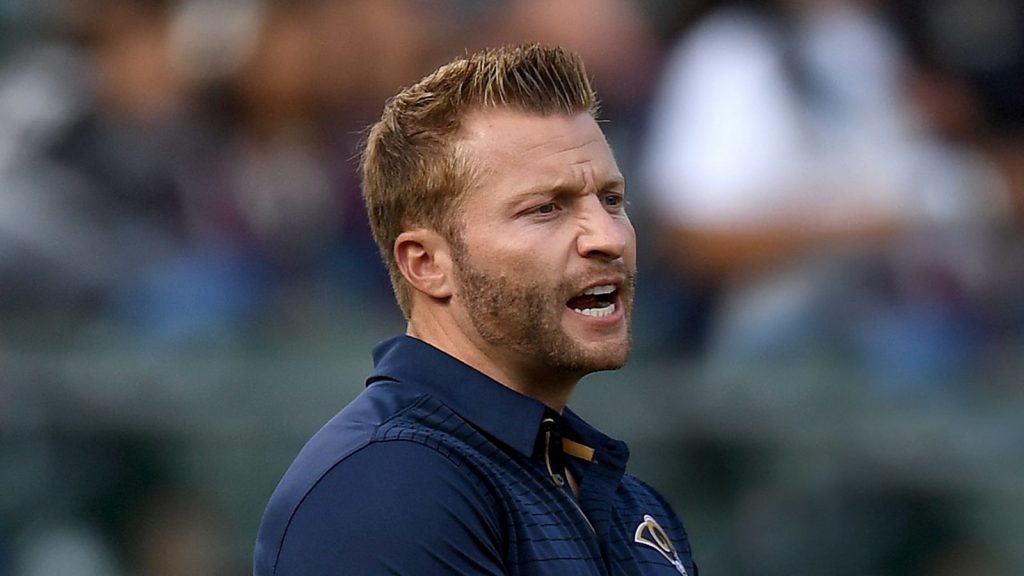
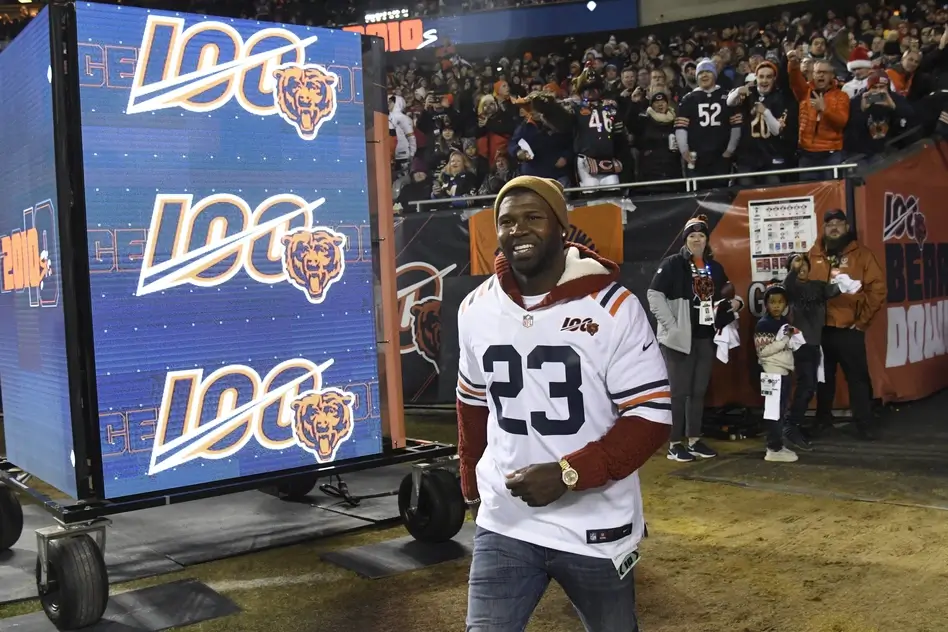
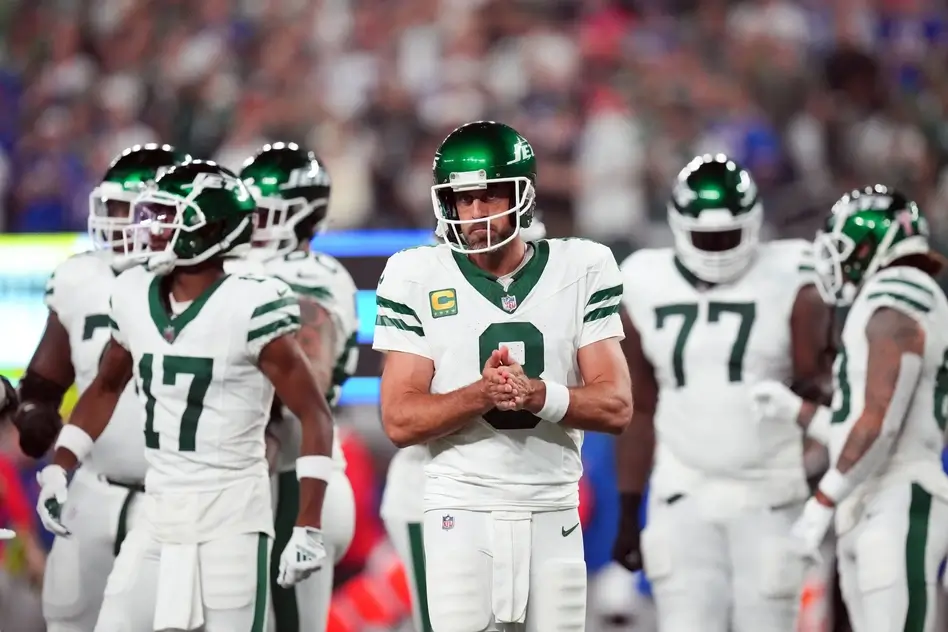
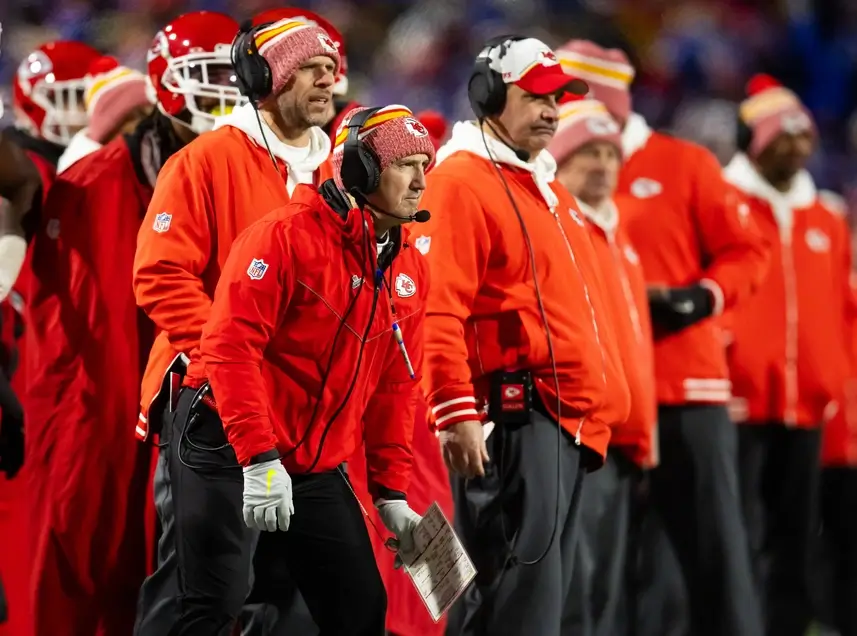
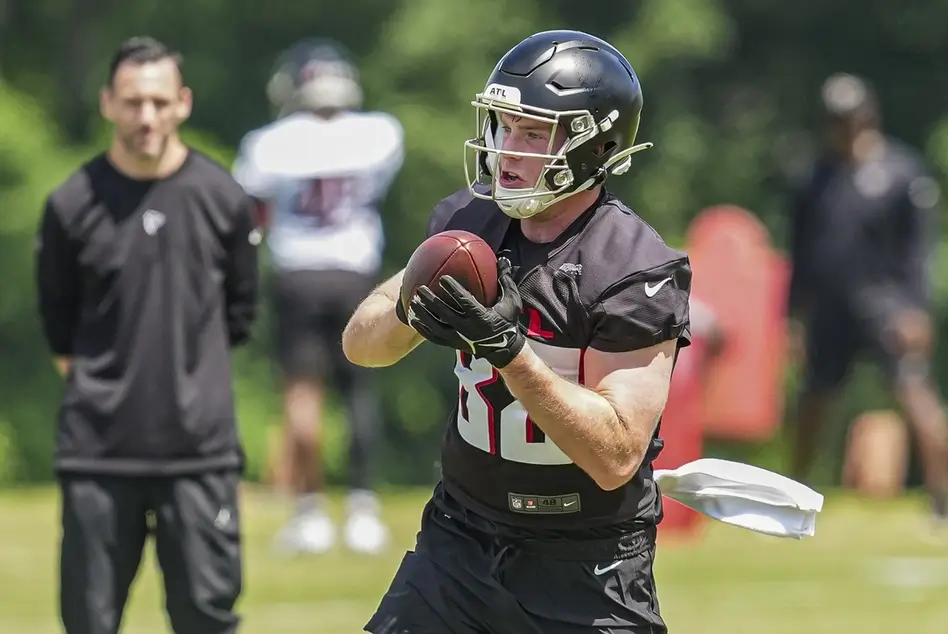
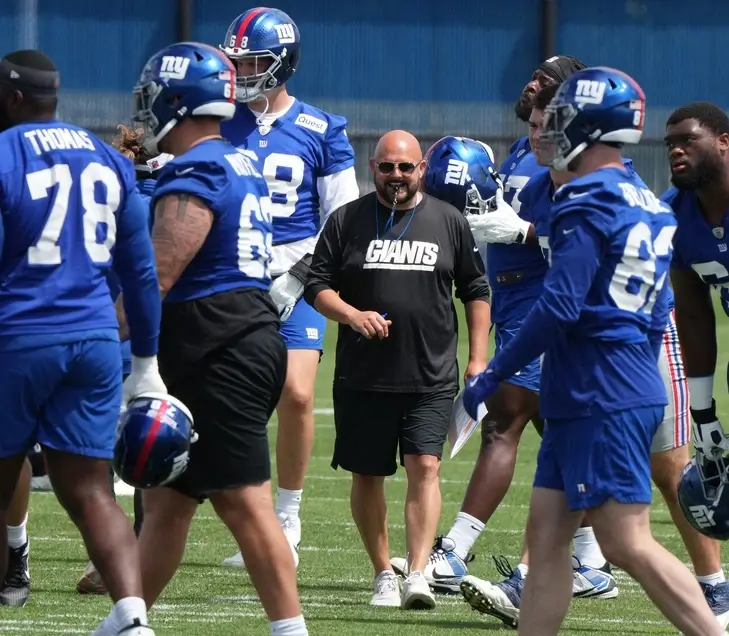
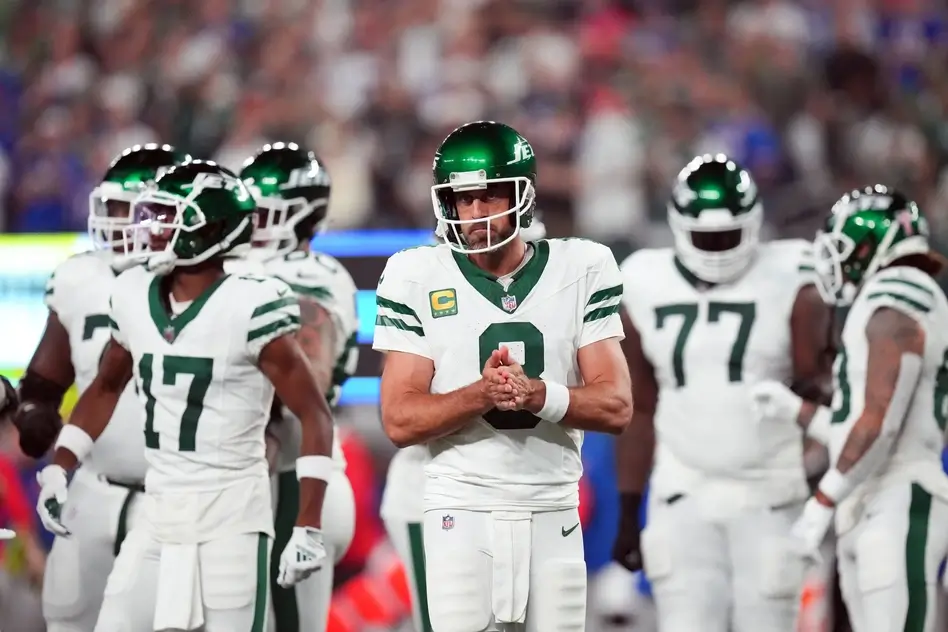
Pingback: Home loss to Eagles could prove costly for Green Bay Packers